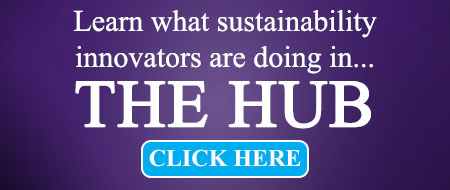 On June 24th, a panel composed largely of Masters of the Universe told the American business community that it was time to get serious about global warming.
On June 24th, a panel composed largely of Masters of the Universe told the American business community that it was time to get serious about global warming.
Arraigned along the dais were former Goldman Sachs and U.S. Treasury potentates Robert Rubin and Hank Paulson, billionaire climate activist Tom Steyer, former New York Mayor Mike Bloomberg, former U.S. Housing Secretary and real estate investment magnate Henry Cisneros, Cargill CEO Gregory Page and former U.S. HHS Secretary Donna Shalala, among others.
The occasion: a press conference to announce the release of the first in-depth report on the economic impact of climate change ever to be produced in the United States.







 The CES Gets More than Tech Talk
The CES Gets More than Tech Talk When
When 




